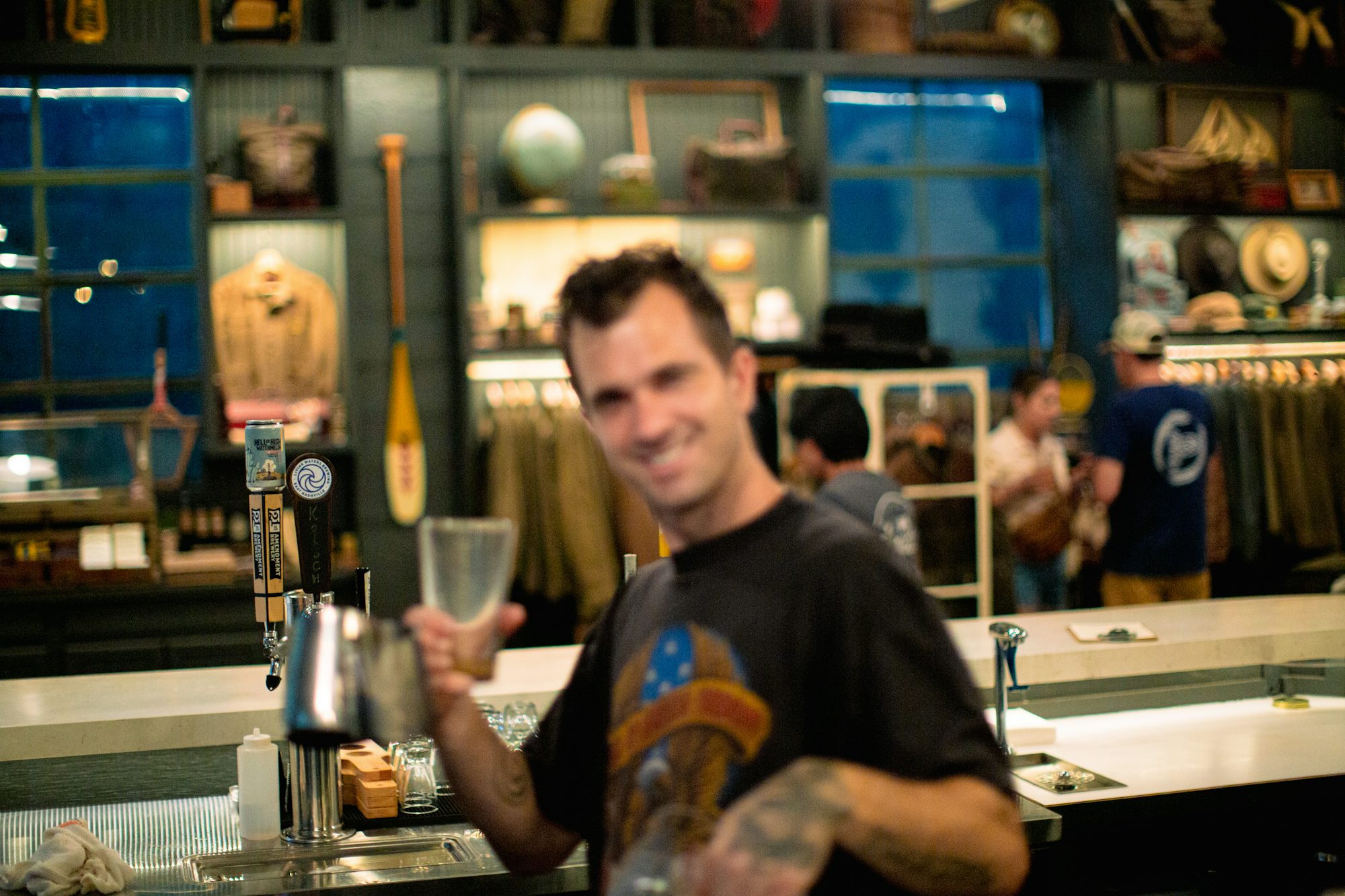The Cultural Impact of Baseball: More Than Just a Game
An exploration of how baseball has shaped American culture, community identity, and traditions, highlighting its significance beyond the field.
From the moment a child picks up a bat and ball, baseball becomes a conduit for connection. Little League programs are often where the journey begins, serving as a fundamental introduction to the sport. These community-based teams foster camaraderie and teamwork, teaching young players valuable life skills. Parents and guardians often become involved as coaches or volunteers, creating a sense of community that extends beyond the field. The summer evenings spent at local parks watching games become treasured family memories, weaving baseball into the fabric of everyday life.
As players grow, so does their connection to the sport. High school baseball teams represent a critical step in the athletic journey, offering opportunities for competition and growth. The thrill of a Friday night game, complete with the excitement of home crowds and school spirit, unites students, families, and local communities. These moments build a sense of identity and pride, as towns rally behind their teams. The local high school field becomes a gathering place, fostering friendships and connections that last a lifetime.
The cultural significance of baseball is further amplified by its storied history. Iconic players such as Babe Ruth, Jackie Robinson, and Willie Mays not only left indelible marks on the game but also became symbols of hope and resilience. Babe Ruth's legendary status transformed him into a cultural icon, while Jackie Robinson's breaking of the color barrier served as a powerful reminder of the ongoing struggle for equality and justice. Their stories transcend sports, illustrating the ways in which baseball reflects societal changes and aspirations.
Moreover, baseball has an unparalleled ability to bridge generational gaps. For many families, attending a game together becomes a cherished tradition passed down from one generation to the next. Grandparents share stories of their favorite players, while parents teach their children the intricacies of the game. The simple act of enjoying a hot dog in the stands or catching a foul ball creates bonds that endure through the years. These shared experiences foster a love for the game that continues to thrive, ensuring that baseball remains a unifying force in American society.
Beyond personal connections, baseball also serves as a canvas for cultural expression. From the iconic seventh-inning stretch to the singing of the national anthem, baseball games are infused with traditions that resonate deeply with fans. The seventh-inning stretch, where spectators rise to sing "Take Me Out to the Ball Game," epitomizes the communal spirit of baseball. It invites everyone, regardless of age or background, to participate in a shared moment of joy and celebration. Such rituals create a sense of belonging, reminding fans that they are part of something larger than themselves.
Rivalries in baseball also contribute to the cultural landscape of the sport. Iconic matchups, such as the Boston Red Sox vs. the New York Yankees, ignite passionate fan bases and create an electric atmosphere in stadiums. These rivalries are not just about the games played on the field; they represent deep-rooted histories and regional pride. The narratives surrounding these matchups enrich the sport, sparking debates and discussions that transcend the boundaries of the game itself. Fans often wear their team colors with pride, embodying their allegiance and contributing to a vibrant tapestry of fandom.
In addition to fostering community connections and cultural expression, baseball has also played a pivotal role in addressing social issues. Throughout its history, the sport has been a platform for advocacy and change. Players have used their visibility to raise awareness on various social issues, from civil rights to environmental concerns. The MLB’s initiatives, such as “Play Ball” and “Baseball for All,” highlight the league's commitment to promoting inclusivity and accessibility within the sport. These efforts reflect baseball's evolving role as a powerful force for positive change in society.
The impact of baseball is not confined to the field; it extends into popular culture. Movies, songs, and literature often draw inspiration from the sport, creating an enduring legacy that resonates with audiences. Films like "Field of Dreams" and "A League of Their Own" capture the spirit of baseball while exploring themes of nostalgia, sacrifice, and perseverance. The influence of baseball on music is also significant, with songs like "Take Me Out to the Ball Game" and Bruce Springsteen's "Glory Days" celebrating the sport and its cultural significance.
As we navigate the modern landscape, the evolution of baseball continues to adapt to the changing times. The integration of technology and data analytics has transformed the way fans engage with the game. Digital platforms and social media allow fans to connect with their favorite teams and players in real-time, fostering a sense of community that transcends geographical boundaries. Online discussions and fan forums provide spaces for passionate debates and shared experiences, further solidifying baseball's relevance in contemporary culture.
In conclusion, the cultural impact of baseball reaches far beyond the confines of the diamond. It serves as a powerful force that shapes community identity, fosters traditions, and creates lasting connections among individuals and families. As a reflection of American values and aspirations, baseball embodies the spirit of resilience, unity, and hope. Its legacy continues to thrive, ensuring that future generations will find joy, inspiration, and a sense of belonging in America’s beloved pastime. Whether through the thrill of a game-winning home run or the shared laughter of a family at the ballpark, baseball remains an enduring symbol of culture and community.